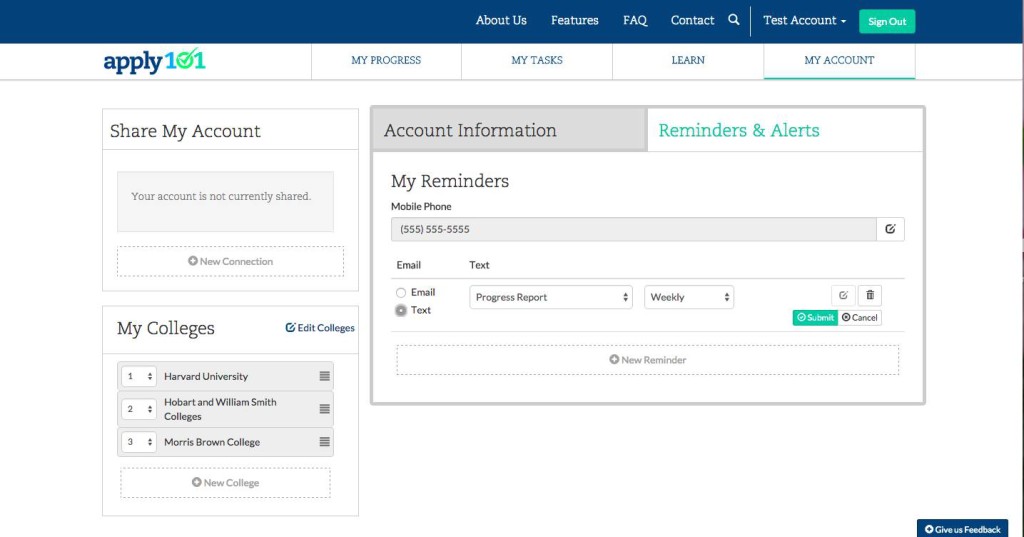
The college your student chooses will be his home away from home for the next four years and his extended family. His choice should take into consideration those two facts and many others. How will he (and you) make the final college choice?
What do you do if your student has multiple offers of admission? Beyond comparing financial aid awards, how do you help your student decide which college is best fit? And what if he is wait-listed at his top choice, or feels as if he would like to take time off after high school and moving on to college?
Make another college visit
It’s time to revisit the colleges. This is by far the most important element of making the final college choice. If the college hosts admitted student events, your student should attend. This visit could have a profound effect on their decision. Spend as much time on campus as needed—talk with students, attend a class, talk with professors, and take your own campus tour.
Compare financial aid awards
After the visit, compare the awards. Who offers the best financial aid package? Will the awards carry your student through all four years of college (are they renewable?). Did the college include loans as part of the package? Was your student “gapped”?
Even if the college is your student’s first choice, the award should factor in to your decision. The last thing you or your student want is to graduate with overwhelming student debt. Trust me—he will thank you in the future for being the voice of reason.
Compare colleges on all levels
In an article I wrote for University Parent, How Will Your Senior Decide?, I make these suggestions:
Begin by reexamining all the factors your student considered when applying. For each college or university, take a second — and closer — look at location, academics, the size of the student body, and other elements that made your student feel it would be a good fit. Review statistics including the freshman retention and four-year graduation rates.
It’s been months since she submitted her applications. If she got in, is she still in love with her first-choice college? Has she learned anything about the school since she applied that changes the way she views it? Has anything changed for her? Does the school still fit with her long-term academic and personal goals?
This is a good time for your student to gather information from a few trusted sources. She doesn’t need to invite everyone she knows into the decision-making process, but it can really help to consult with older siblings and friends, or teachers, coaches, or counselors.
Based on this research and reflection, make a list of pros and cons for each college and compare them side-by-side. The top two or three should be evident.
Before your student accepts a college’s offer of admission, take all these factors into consideration. You want your student to be happy, but you also want her to graduate with minimal debt.










